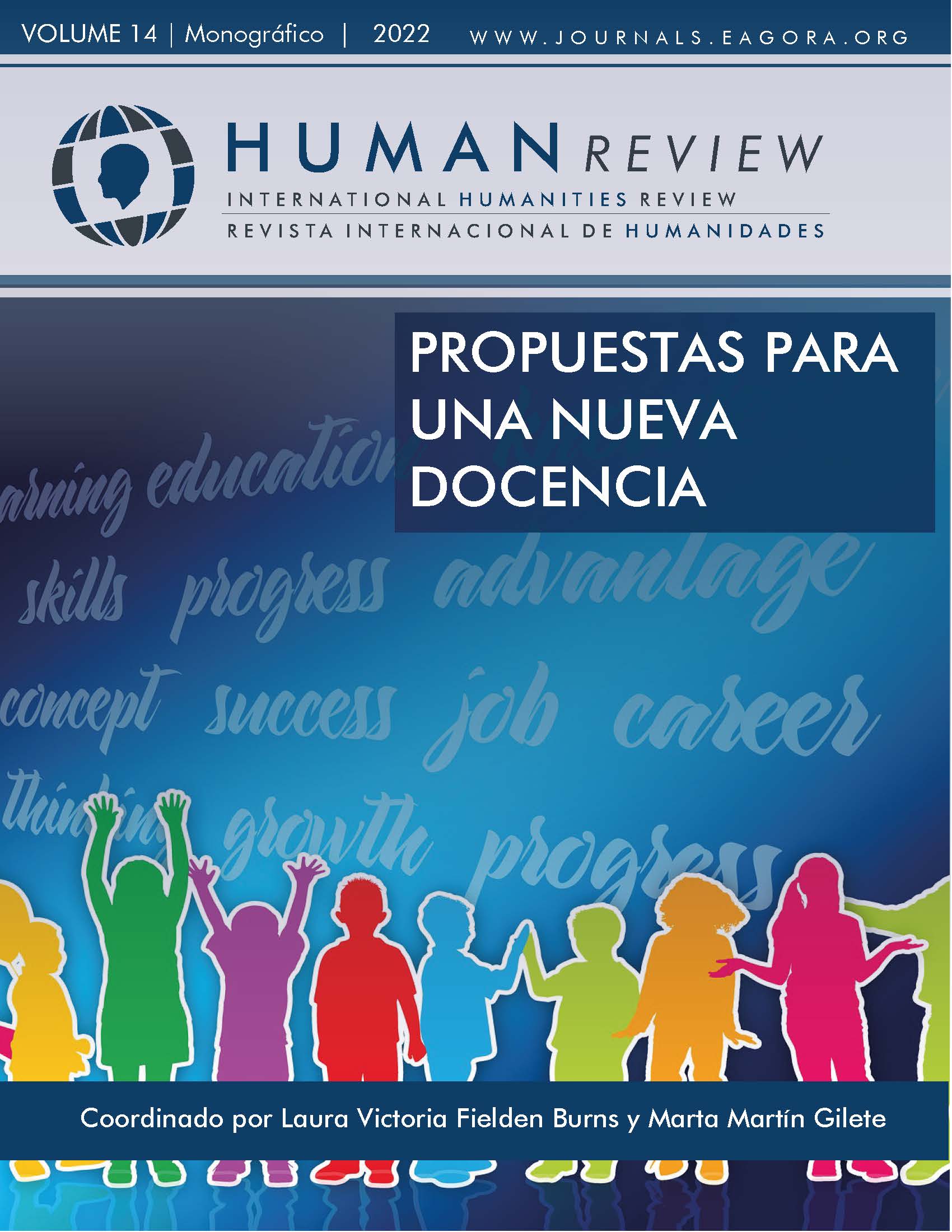Impact of Feedback on the Performance of University Students
DOI:
https://doi.org/10.37467/revhuman.v11.4189Keywords:
Feedback, Evaluation, Performance, Information, Teachers, Students, LearningAbstract
This study aims to provide data to determine the extent to which feedback influences academic performance. An experiment was conducted with university students in the marketing and physical education programs. The exhibit was divided into three groups based on the type of information -feedback- that was provided to them. The results show that there is a link between the information provided and the results obtained. When the information is correct, the performance improves accordingly. These findings have served to reinforce the teacher's commitment to provide feedback with responsibility and academic rigor.
References
Arana, J. Mª., Cabaco, A. & Castro J. A. (1996). Manual de Prácticas de Psicología Básica: Motivación y Emoción. Universidad Pontificia de Salamanca.
Batalla Flores, A. (2005). Retroalimentación y aprendizaje motor: influencia de las acciones realizadas de forma previa a la recepción del conocimiento de los resultados en el aprendizaje y la retención de habilidades motrices (Tesis doctoral: Universitat Barcelona). Tesis Doctorals en Xarxa https://www.tesisenred.net/handle/10803/2910#page=1
Conferència Internacional L’ensenyament i les regions a l’Europa de 1993. Education and the regions in 1993 Europe (Barcelona 14-16 novembre 1990).
De Proença, J. E. (1994). Efeitos motivacionais do feedback extrínseco na aprendizagem de uma habilidade motora discreta. (Tesis Doctoral. Universidad de Sao Paulo, Brasil). Fagerland, M.W., Sandvik, L. & Mowinckel, P. (2011). Parametric methods outperformed non-parametric methods in comparisons of discrete numerical variables. BMC Med Res Methodol 11(44).
Fraisse, P. (1974). Manuel Pratique de Psychologie expérimentale. Presses Universitaires de France.
Hattie, J. & Timperley, H. (2007). The power of feedback. Review of Educational Research, 77(1), 81-112. https://doi.org/10.3102/003465430298487
Kluger, A. N. & DeNisi, A. (1996). The effects of feedback interventions on performance: A historical review, a meta-analysis, and a preliminary feedback intervention theory. Psychological Bulletin, 119(2), 254–284
López Pastor, V. M. & Pérez-Pueyo, A. (2017). Evaluación formativa y compartida: evaluar para aprender y la implicación del alumnado en los procesos de evaluación y aprendizaje. En V. M. López-Pastor & Á. Pérez-Pueyo (Eds.), Evaluación formativa y compartida en educación: experiencias de éxito en todas las etapas educativas (pp. 34–68). Universidad de León.
Machargo, J. (1992) Self-concepts as conditioning factors in the efficiency of feed-back on performance. International Journal of Social Psychology, 7(2), 195-211 https://doi.org/10.1080/02134748.1992.10821661
Nicol, D. J., & Macfarlane-Dick, D. (2006). Formative assessment and self-regulated learning: A model and seven principles of good feedback practice. Studies in higher education, 31(2), 199-218. https://doi.org/10.1080/03075070600572090
Panadero, E., Tapia, J. A., & Huertas, J. A. (2012). Rubrics and self-assessment scripts effects on self-regulation, learning and self-efficacy in secondary education. Learning and Individual Differences, 22(6), 806-813. https://doi.org/10.1016/j.lindif.2012.04.007
Piccini, M. & Nethol, A. M. (1990). Introducción a la Pedagogía de la comunicación. Editorial Trillas.
Strocchi, M. C. (2004) Psicología de la comunicazione. Edizioni San Paolo
Torrents, C. y Balagué, N. (2001) La perspectiva de la teoría de los sistemas dinámicos y su aplicación al aprendizaje motor. En Tandem. Didáctica de la Educación Física, 3, 67 – 74.
Vannoni, D. (2007). Manuale di psicología della comunicazione persuasiva. UTET
Villoro, J., & Estaún, S. (2018). May Schools Develop Their Students’ Intuition? MUSE. Multidisciplinary Journal for Education Social and Technological Sciencies, 5(2), 19-49. http://dx.doi.org/10.4995/muse.2018.9958
Zubiaur, M. (1996). El Feedback Extrínseco en el aprendizaje de una respuesta motriz. (Tesis Doctoral Inédita. Universidad de Salamanca).
Downloads
Published
How to Cite
Issue
Section
License
Those authors who publish in this journal accept the following terms:
- Authors will keep the moral right of the work and they will transfer the commercial rights.
- After 1 year from publication, the work shall thereafter be open access online on our website, but will retain copyright.
- In the event that the authors wish to assign an Creative Commons (CC) license, they may request it by writing to publishing@eagora.org









